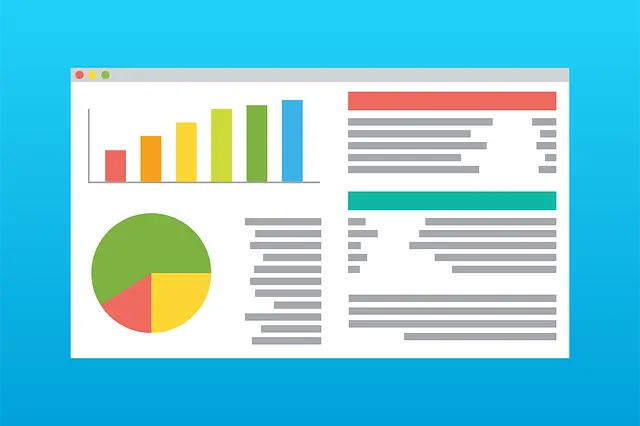Data Management Software for Small Businesses
Small businesses are constantly looking for ways to streamline their operations and improve efficiency. One area that is often overlooked but can have a significant impact on a company's bottom line is data management. In today's digital age, businesses are generating and collecting more data than ever before, and it's essential to have the right tools in place to manage and make sense of this information. Data management software can help small businesses organize, analyze, and utilize their data to make better-informed decisions and improve overall performance. In this ultimate guide, we will explore the benefits of data management software for small businesses and provide tips for selecting the right solution for your company's needs.
Benefits of Data Management Software
Implementing data management software can provide several benefits to small businesses. One of the most significant advantages is the ability to centralize and organize data from various sources. This can help eliminate data silos and ensure that all employees have access to the information they need to perform their jobs effectively. Additionally, data management software can improve data accuracy and consistency, reducing the risk of errors and improving decision-making. By providing a single source of truth for your business data, you can increase efficiency and productivity across your organization.
Another benefit of data management software is the ability to analyze and gain insights from your data. Many solutions offer advanced analytics and reporting capabilities, allowing you to identify trends, patterns, and opportunities for improvement. With better access to meaningful data, small businesses can make more informed decisions, identify new opportunities, and address potential challenges before they become significant issues.
Tips for Selecting Data Management Software
When choosing data management software for your small business, it's essential to consider your specific needs and requirements. Here are a few tips to help you select the right solution for your company:
1. Define your goals: Before you start evaluating data management software, take the time to define your goals and objectives. What are you hoping to achieve with the software? Do you need to improve data accuracy, streamline processes, or gain better insights from your data? Understanding your goals will help you narrow down your options and choose a solution that aligns with your business needs.
2. Consider integration: Many small businesses use a variety of tools and systems to manage their operations. When selecting data management software, consider how it will integrate with your existing systems. Look for a solution that can seamlessly connect with your other business applications, such as CRM, accounting, and marketing tools.
3. Evaluate scalability: As your business grows, so will your data management needs. It's essential to choose a solution that can scale with your business. Look for software that can accommodate your current data volume and has the flexibility to support future growth without requiring a significant overhaul of your systems.
4. Assess security and compliance: Data security and compliance are critical considerations for small businesses, especially in industries with strict regulations. Look for data management software that offers robust security features, such as encryption, access controls, and regular security updates. Additionally, ensure that the solution complies with relevant industry regulations, such as GDPR or HIPAA, if applicable to your business.
Popular Data Management Software for Small Businesses
There are numerous data management software options available for small businesses, each with its unique features and capabilities. Here are a few popular solutions to consider:
1. Microsoft Excel: While not a dedicated data management solution, many small businesses use Microsoft Excel for basic data organization and analysis. It's a cost-effective option for businesses with simple data management needs.
2. QuickBooks: Small businesses that need to manage financial data often turn to QuickBooks for its robust accounting and reporting features. It's a popular choice for businesses looking to streamline their financial processes.
3. Zoho CRM: For businesses focused on customer relationship management, Zoho CRM offers a comprehensive solution for managing customer data, tracking sales, and analyzing customer interactions.
4. Salesforce: Another popular CRM solution, Salesforce, provides robust data management and analytics capabilities, making it a suitable choice for businesses looking to gain insights from their customer data.
5. Tableau: For businesses that need advanced data visualization and analytics, Tableau offers powerful tools for creating interactive dashboards and reports to gain insights from your data.
Ultimately, the right data management software for your small business will depend on your specific needs, budget, and goals. By carefully evaluating your options and selecting a solution that aligns with your business requirements, you can streamline your operations and make better use of your data to drive success.

